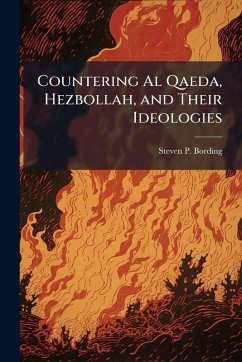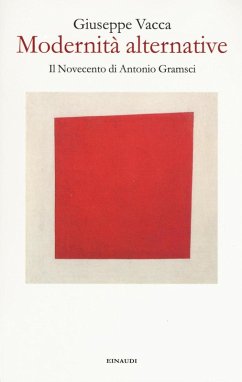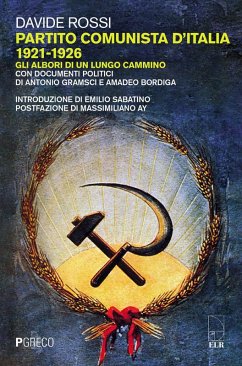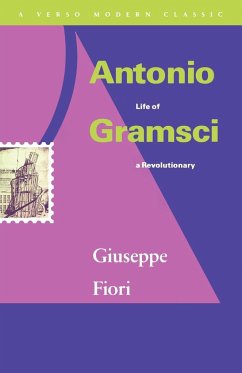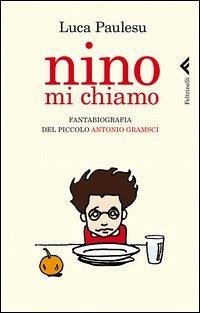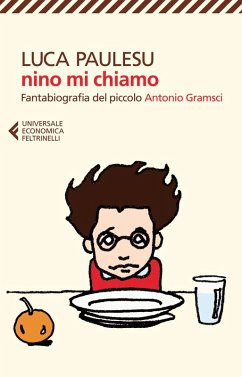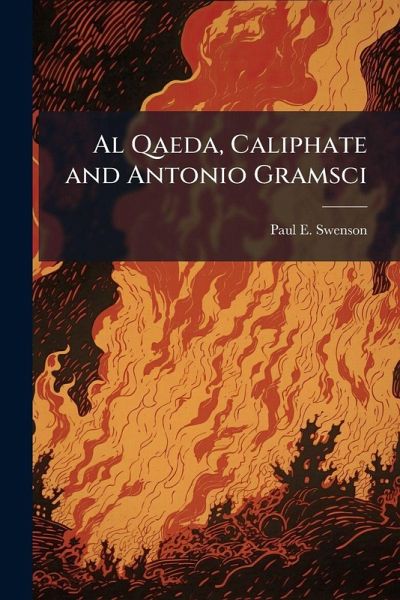
Al Qaeda, Caliphate and Antonio Gramsci

PAYBACK Punkte
8 °P sammeln!
The purpose of this research is to discuss how al Qaeda is organized, conducts operations and constantly manages relationships in comparison to the ideas and thoughts of Antonio Gramsci. Gramsci was a prolific Italian socialist writer whose thoughts on using ideology to gain and exploit hegemony may help explain the words and actions of al Qaeda. The analysis determined that al Qaeda uses a strong promotion of its philosophy to create a change in hegemony via a culture focused on uniting Muslims against a primary enemy (United States). Al Qaeda also supports various education efforts which may...
The purpose of this research is to discuss how al Qaeda is organized, conducts operations and constantly manages relationships in comparison to the ideas and thoughts of Antonio Gramsci. Gramsci was a prolific Italian socialist writer whose thoughts on using ideology to gain and exploit hegemony may help explain the words and actions of al Qaeda. The analysis determined that al Qaeda uses a strong promotion of its philosophy to create a change in hegemony via a culture focused on uniting Muslims against a primary enemy (United States). Al Qaeda also supports various education efforts which may provide foot soldiers. Finally, al Qaeda continuously seeks like-minded groups and exploits all means to communicate to the masses in order to motivate action. To counter, the United States should take several specific actions. This work has been selected by scholars as being culturally important, and is part of the knowledge base of civilization as we know it. This work was reproduced from the original artifact, and remains as true to the original work as possible. Therefore, you will see the original copyright references, library stamps (as most of these works have been housed in our most important libraries around the world), and other notations in the work. This work is in the public domain in the United States of America, and possibly other nations. Within the United States, you may freely copy and distribute this work, as no entity (individual or corporate) has a copyright on the body of the work. As a reproduction of a historical artifact, this work may contain missing or blurred pages, poor pictures, errant marks, etc. Scholars believe, and we concur, that this work is important enough to be preserved, reproduced, and made generally available to the public. We appreciate your support of the preservation process, and thank you for being an important part of keeping this knowledge alive and relevant.



